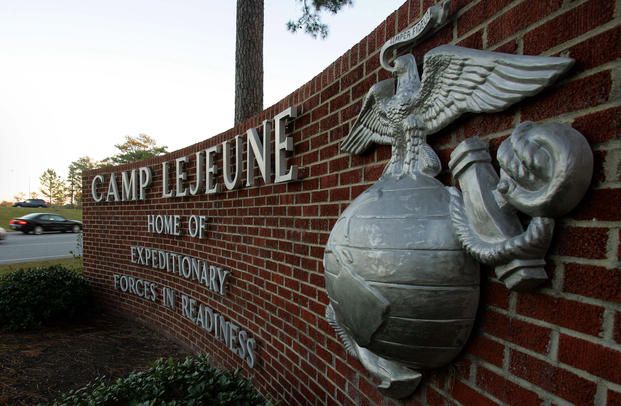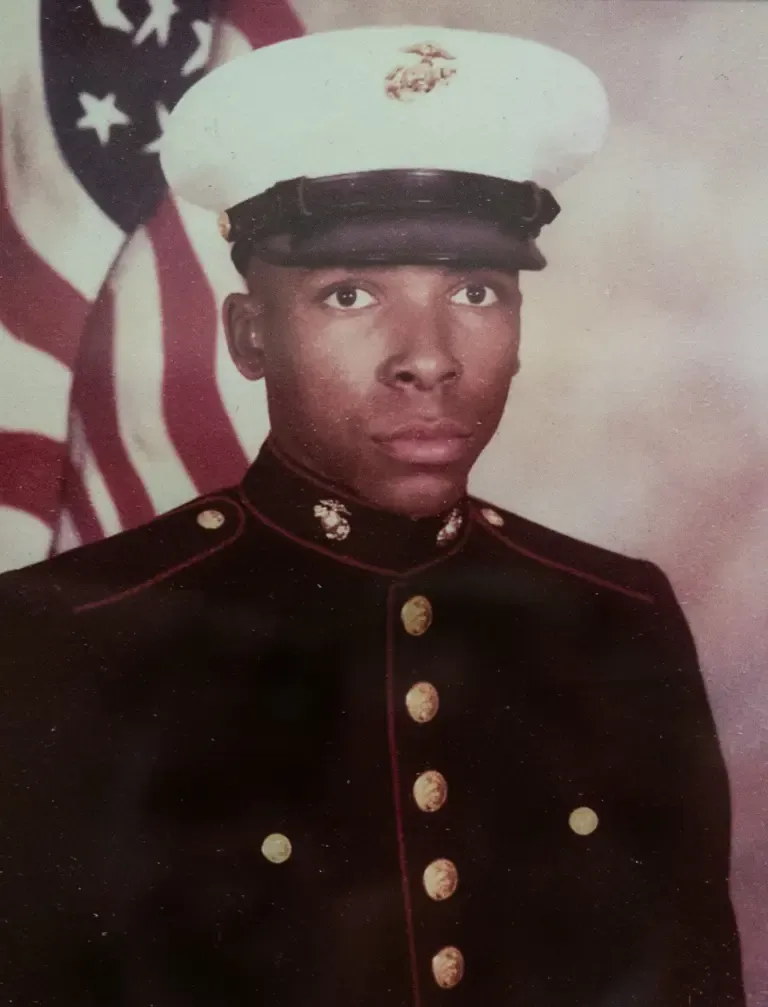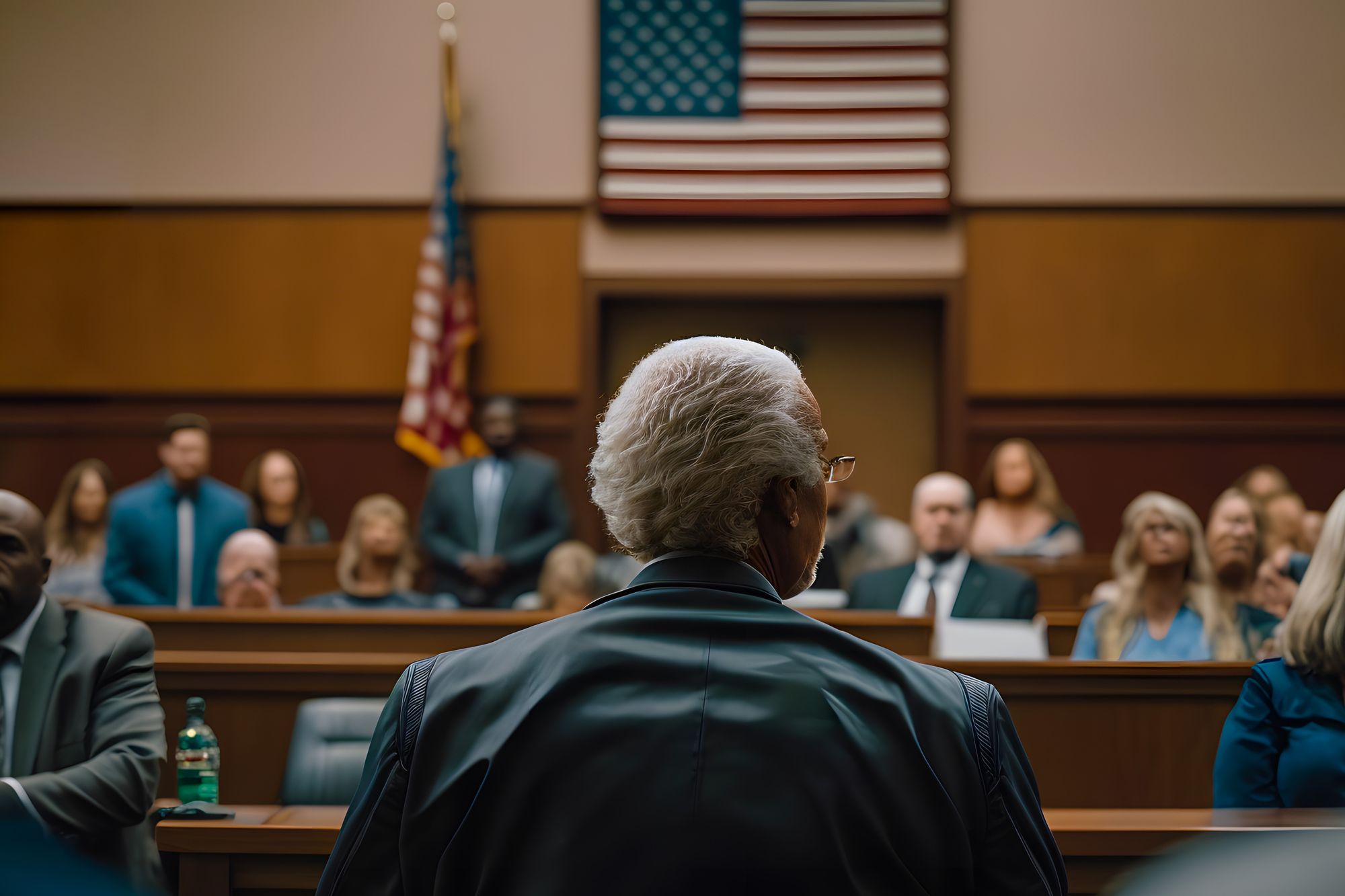The Unseen Battle: Our Veterans, Camp Lejeune's Toxic Water, and The Fight for Justice


This Memorial Day, we honor the brave men and women who have served our nation, offering them our heartfelt gratitude for their sacrifices. Yet, there's a hidden battle that demands our attention. It is a fight not on foreign soil but on home ground, not against an enemy army but against the institutions our veterans served.

Many of our veterans are battling serious health conditions they believe were caused by exposure to toxic water at Camp Lejeune, the renowned US Marine base in Jacksonville, North Carolina. For decades, as many as a million military members, their families, and civilian staffers may have been exposed to contaminated water laden with harmful volatile organic compounds and potentially carcinogenic chemicals. These toxic substances, discovered in the base's drinking water in 1982, seem to have originated from the military's waste disposal and leaking storage tanks.

The health implications of this exposure are devastating. Illnesses tied to this contamination range from various forms of cancer to neurological disorders and cognitive disabilities. The most closely linked conditions, classified as "Tier 1" illnesses, include kidney cancer, non-Hodgkin lymphoma, leukemias, liver cancer, bladder cancer, major cardiac birth defects, Parkinson's disease, kidney disease, multiple myeloma, and systemic sclerosis/scleroderma. Other illnesses, while not as strongly connected, are also believed to be related to the contamination and may form the basis of claims under the Camp Lejeune Justice Act.
After years of pleading for assistance, relief seemed to come in the form of the Camp Lejeune Justice Act passed in August. This legislation allows veterans diagnosed with specific illnesses who served at Lejeune from 1953 to 1987 to file claims with the US Navy. Veterans can take their cases to federal court if these claims are rejected or ignored. Thousands of claims have been filed since the Act's passage, with the promise of more to come.

However, nearly a year later, no single claim was resolved. The Navy acknowledges the delays and has given assurances of its commitment to resolving these claims in a fair and timely manner. But for many of our veterans, like Richard Corley and Peter Romano, time is of the essence. They, and many others like them, are battling aggressive diseases they believe are linked to their service at Camp Lejeune.
Claims under the Camp Lejeune Justice Act are not class action suits; they are reviewed independently and on a case-by-case basis. This means that each veteran's situation is given individual attention, which, while important for fairness, contributes to the delay in processing the claims. Compounding the delay is the sheer volume of claims and the challenges in gathering the necessary military and medical records to substantiate them.

Despite these challenges, I want to highlight that claims under the Camp Lejeune Justice Act are separate from VA benefits. Veterans receiving VA benefits can still pursue a claim under the Act. It's crucial that this distinction is understood, as it affects the legal rights and potential compensation of affected veterans.
This Memorial Day, let's remember the valor of our servicemen and women on the battlefield and recognize the battles they continue to fight at home. They served us; now it's our turn to serve them. Let's raise our voices, spread awareness, and demand justice for our veterans. They deserve nothing less.
Until justice prevails,
Justice Moms


